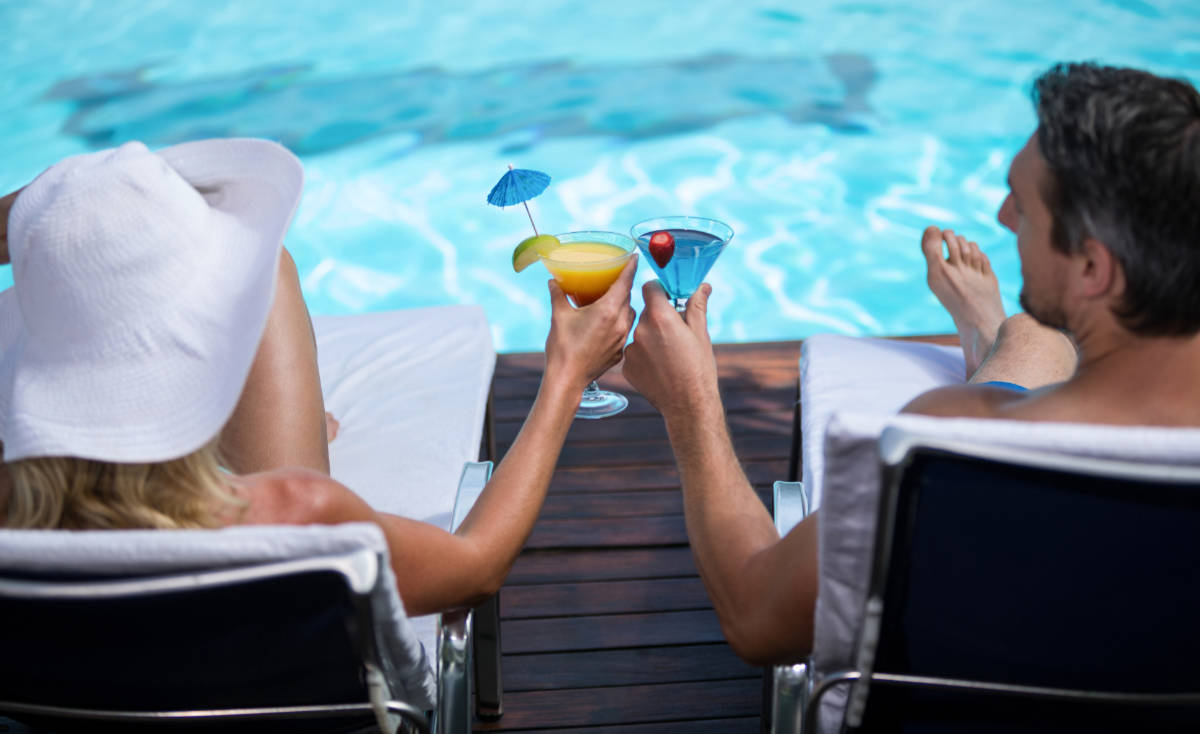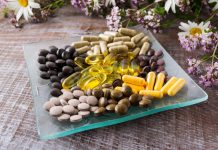With lockdown restrictions easing and and several countries opening their borders once again for tourists, you may be considering a holiday abroad this summer. Taking all the necessary precautions when travelling, washing hands, wearing a mask and maintaining social distancing measures will help keep you safe from coronavirus but there are other minor health niggles that shouldn’t be overlooked as these can put a real dampener on your trip.
Tips for keeping healthy on holiday
Fortunately, there are plenty of things you can do to make sure other forms of illness, pain and discomfort won’t spoil your much-needed break.
1. Ease the pressure while flying
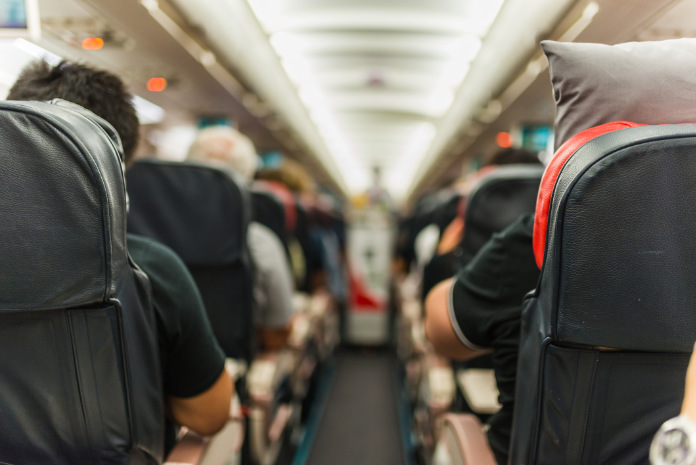
Jetting off overseas? During a flight, changes to air pressure can mean your ears ‘pop’. Though usually nothing to worry about, it can sometimes result in pain and even hearing loss. The popping sensation is a result of a difference in pressure between the inner ear and the outside environment, causing the eardrum to either swell outward or be sucked inward, explains Gordon Harrison, Specsavers’ chief audiologist.
“This only becomes a problem when pressure changes quickly, so pressure inside and outside the ear doesn’t have time to equalise, for instance, during take-off and landing. A simple solution to the pain, popping and muffled hearing is to introduce as much air as possible to the ear via swallowing or yawning,” he suggests. “Sucking on a hard-boiled sweet, chewing gum or drinking through a straw during take-off and landing all help.”
It’s also recommended that you don’t sleep during take-off or landing, and stay well hydrated during the flight.
2. Be ice, ice, savvy
Traveller’s diarrhoea affects many people on holiday, and is often caused by drinking local water. Although many people are aware they shouldn’t drink it, it’s easy to forget the rule applies to ice cubes in drinks too.
Avoid ice entirely in countries where you’re advised not to drink the water, or try making your own ice cubes from bottled water if you’ve got access to a freezer. Also, be wary of salad or fruit that might have been washed in tap water.
3. Keep your food poisoning radar on high-alert
Water isn’t the only cause of dodgy tums on holiday. In hot countries, be wary of cooked food in all-day buffets that may have been left out for long periods and cooled, as bacteria could have crept in.
Also, check any meat, particularly poultry, is cooked through, and always wash your hands after contact with food, animals and rubbish. In addition, only consume pasteurised milk and fruit juices. It’s a good idea to pack some diarrhoea sachets in your luggage, just in case!
4. Beware of barbecue hazards
If you’re self-catering and fancy a barbecue, make sure you do it safely.
“For a healthier, safer barbecue, avoid cross-contamination between raw and cooked ingredients by keeping them completely separate, and washing your hands and utensils after handling different foods,” advises Seven Seas consultant dietitian Helen Bond.
Make sure meat’s cooked right through and the juices run clear, and Bond suggests part-cooking food in the oven first before giving it a final chargrill-finish on the barbecue. And don’t leave food you’d store in the fridge at home standing around in the warm before cooking or serving.
5. Stay well hydrated
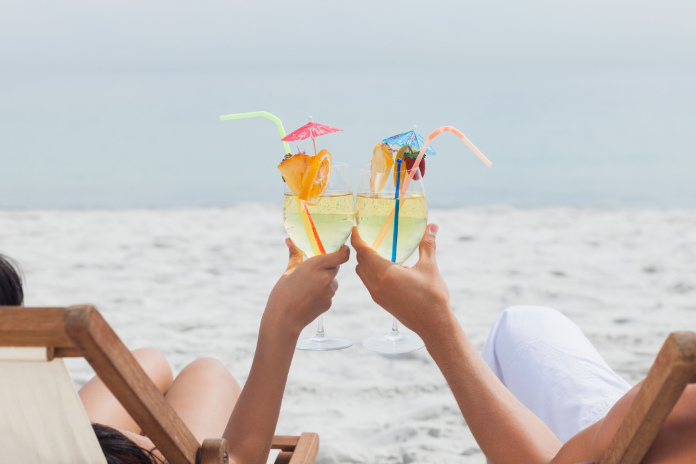
Hydration is always important – but even more so when you’re somewhere hot, as your body loses fluid more quickly, which could result in feeling exhausted and unwell, or heat exhaustion and even serious heat stroke.
Prevention is better than cure, so carry bottled water with you and sip throughout the day, rather than waiting until you feel thirsty or just having a drink at mealtimes.
6. Keep safe in the sun
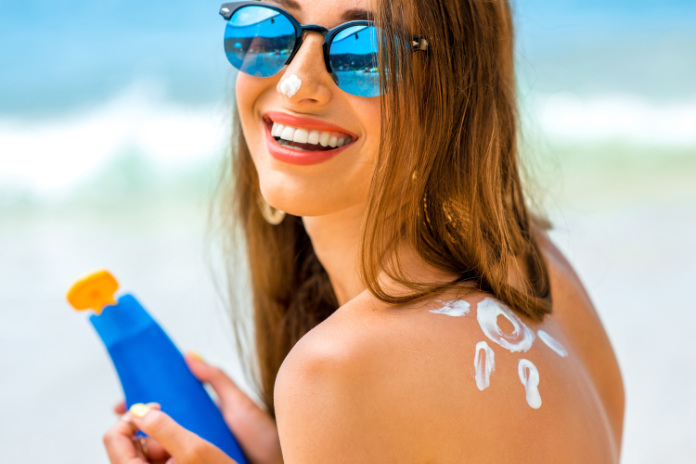
In hot countries, try to keep your skin covered with light cotton clothing during the hottest part of the day, between 11am and 3pm, and make sure you slap on sunscreen of at least SPF30 regularly throughout the day (even when it’s cloudy). Quality sunglasses and a wide-brimmed sun hat are a good idea, especially if you’re spending time walking about outdoors.
Ideally, you’ll avoid sunburn entirely. But if you do end up burnt, use iced tea, or frozen aloe vera gel if you’ve got access to a freezer, to soothe it.
7. Don’t let your sleep suffer
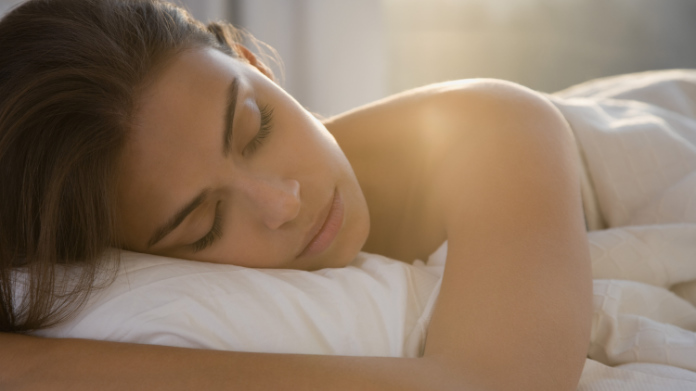
If it’s hot and you’re in an unfamiliar hotel bed, where there may be extra noise and thin curtains, you could find a good night’s sleep impossible. Improve your chances of a rejuvenating kip by packing an eye-mask and ear plugs (and maybe even a travel black-out blind), and making sure your room has air-conditioning.
8. Protect your ears while swimming
Water from the sea or pool can get inside ears, and for holidaymakers susceptible to ear infections or ‘swimmer’s ear’, extra care is necessary.
“Swimmers ear is an inflammation of the external ear canal that can often lead to an infection,” says Gordon Harrison. “It occurs when water becomes trapped in the ear, most often as a result of swimming. To avoid it, you should dry your ears thoroughly, or consider wearing ear plugs when swimming.”
9. Take extra care with contact lenses
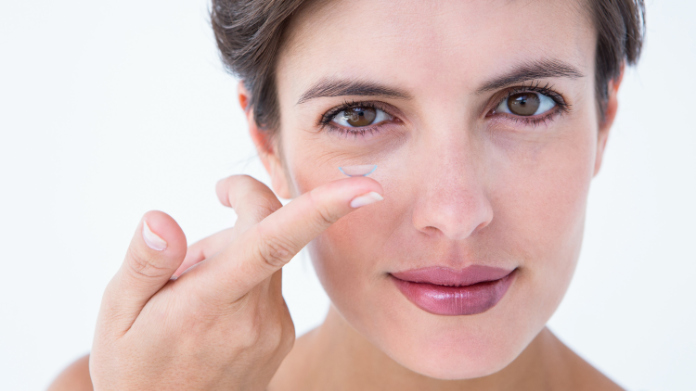
Don’t swim in contact lenses; apart from the risk of losing them, you could get a serious eye infection from the sea or pool.
Also, never use tap water to rinse lenses, particularly when abroad, advises Specsavers clinical spokesperson Dr Nigel Best (using distilled water isn’t OK either).
If you haven’t packed enough contact lens solution, buy some from a local pharmacy.
Read more – Sun, sea and sanitisation – how will our holidays look in the future?























































